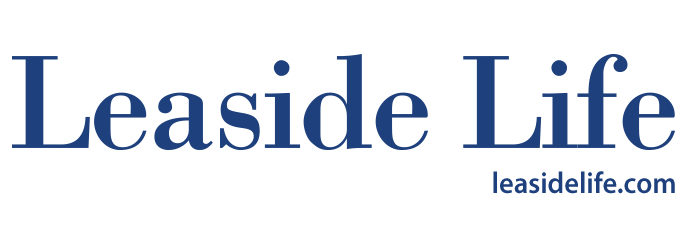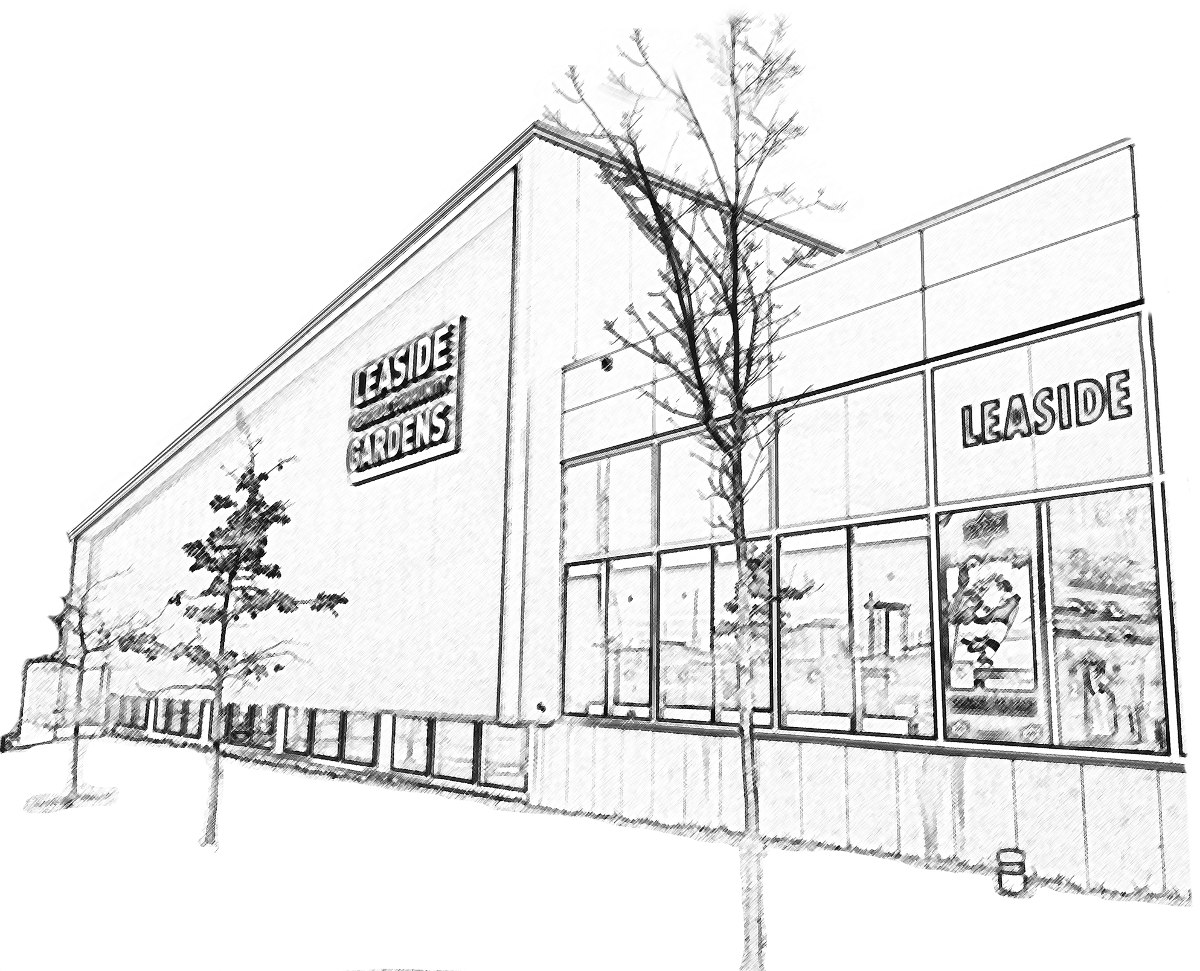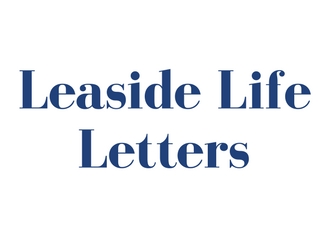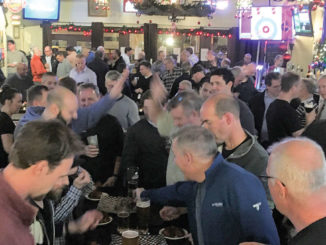 Doug Clarke was six years old when his family moved to 139 Airdrie Rd. in 1939. When he talks about his life since then it seems almost poetic, which may be why he sometimes writes poetry.
Doug Clarke was six years old when his family moved to 139 Airdrie Rd. in 1939. When he talks about his life since then it seems almost poetic, which may be why he sometimes writes poetry.
He played along the bluffs where Leacrest is now and there were wide open fields between Airdrie and Leacrest. Sutherland Dr. and Southlea didn’t exist. Sunnybrook Plaza was a swamp where kids caught frogs.
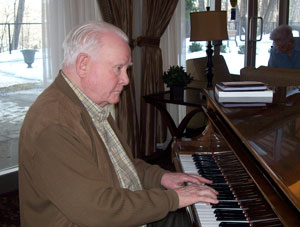
Clarke would go to the theatre on Bayview Saturdays where for 50 cents he’d see cartoons and a movie. He also remembers the bowling alley on Bayview near Millwood.
A big attraction was the Thorncliffe race track. Clarke used to sneak in to look at the horses.
There was a feeling then, he says, “like you belonged to a community and were growing up in a small town”.
His grade 9 classes were in the basement of St. Cuthbert’s Church while Leaside High School was under construction. He recalls the Toronto Telegram referring to Leaside High as “ultra modern” when it opened in 1949.
There may have been “100 or 200 kids” that first year “but I don’t really know,” says Clarke. Norman McLeod was the principal for many years and “he wore a kilt”.
Clarke’s father Richard Lewis Clarke was chair of the Leaside Board of Education from 1949 to 1951 and then an alderman from 1953 to 1958.
The house on Airdrie was sold, says Clarke, in 1962 or ’63, to former Maple Leaf star Red Kelly, no doubt for more than the $5,400 his parents paid for it.
They had chosen Leaside because “it had the lowest mill rate in the country because of the industrial area” and was just “becoming known”.
As a young boy of 7 Clarke studied piano at the Lea House, eventually graduating at grade 10 level.
What started out as an interest turned into a life long passion. After high school he formed the Doug Clarke Trio — sometimes a quartet — and played at the Toronto Cricket and Skating Club. As the band got famous more regular gigs could be counted on, such as playing at the Granite Club every New Year��s Eve.
Clarke played for the Leaside Rotary with and without his band for 50 years from 1957 to 2007.
His band broke up about 20 years ago and he struck out on his own. You may have heard him play at the RioCan Centre at Yonge and Eglinton.
“I played there every Saturday for 30 years,” he says.
Clarke squeezed in his love for music with full time careers. He sold life insurance for 10 years and then moved to Correctional Services with the Ontario Government for 30 years. He retired in 1996. Now he “is busier than when I worked,” he says.
Part of it is writing poetry.
Doug Clarke gave us this poem to accompany the article.
I was walking today and found a dime,
It gave a reason to write a rhyme.
That dime’s been around a long, long time.
It used to buy an ice cream cone
Or you could make a call on the phone.
It would buy candy or licorice sticks
Or a coffee to give you a caffeine fix.
Today’s prices are a whole lot higher.
It costs $2 for a log on the fire.
For ten cents you could see a show
Or ride a bus where you wanted to go.
So the old saying “Can you spare a dime?”
Has been out of date for a long, long time.
A dime is not much unless you have ten
And that’s not enough to buy a new pen.
DOUG CLARKE
JANUARY 2013
